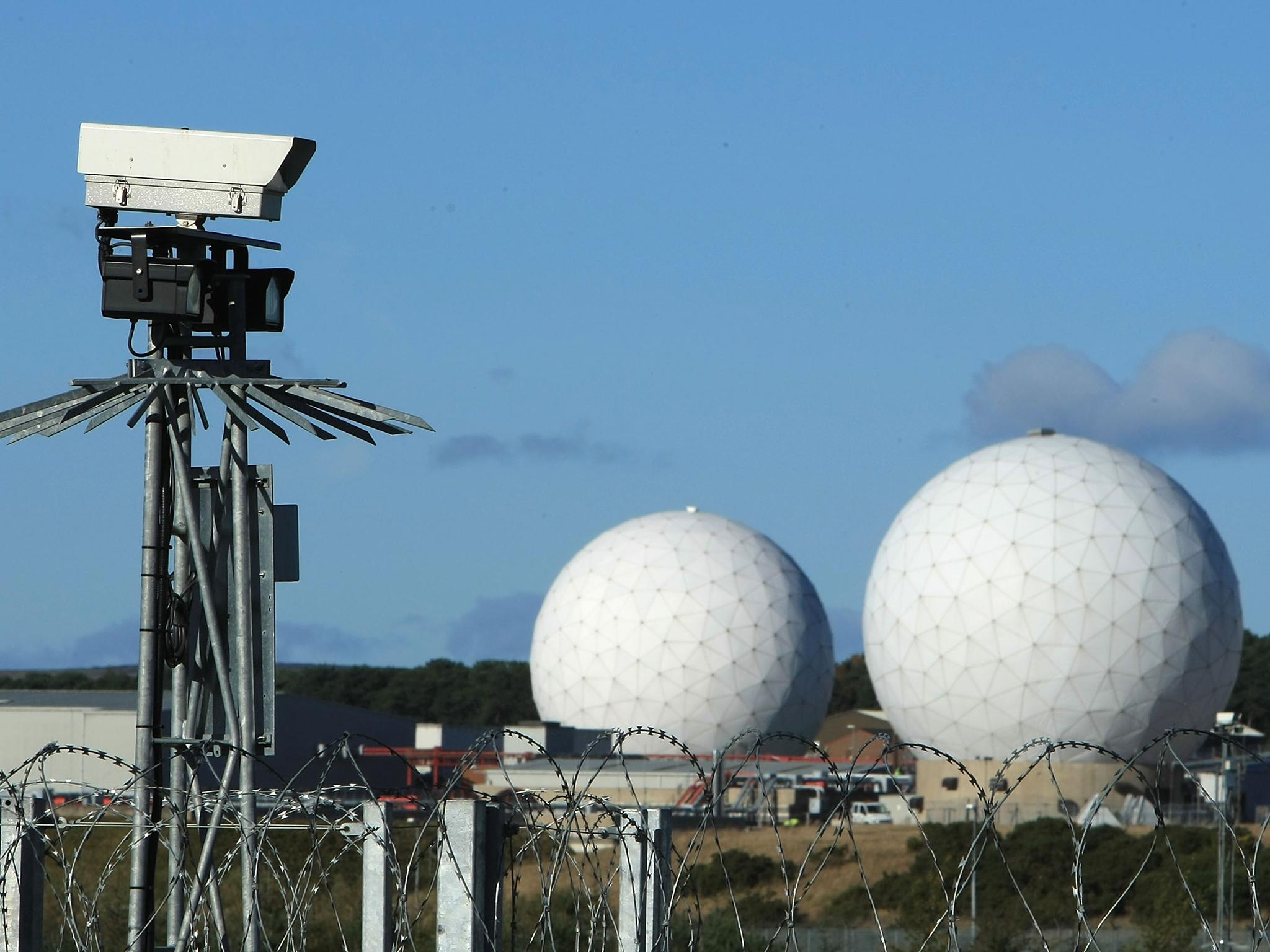UK spying laws: Government introduces law requiring WhatsApp and iMessage to break their own security
The draft Investigatory Powers Bill, or Snoopers' Charter, keeps a provision that weakening of security will only happen in cases where it is ‘practicable’, but that could still allow the Government to outlaw many of the most popular chat services as they currently exist

Your support helps us to tell the story
From reproductive rights to climate change to Big Tech, The Independent is on the ground when the story is developing. Whether it's investigating the financials of Elon Musk's pro-Trump PAC or producing our latest documentary, 'The A Word', which shines a light on the American women fighting for reproductive rights, we know how important it is to parse out the facts from the messaging.
At such a critical moment in US history, we need reporters on the ground. Your donation allows us to keep sending journalists to speak to both sides of the story.
The Independent is trusted by Americans across the entire political spectrum. And unlike many other quality news outlets, we choose not to lock Americans out of our reporting and analysis with paywalls. We believe quality journalism should be available to everyone, paid for by those who can afford it.
Your support makes all the difference.The Government is pushing through a bill that will cripple WhatsApp and iMessage as they currently exist.
The bill has been re-drafted after it was criticised by every parliamentary committee responsible for scrutinising it, but many of the most controversial powers remain.
The new draft of the Investigatory Powers Bill includes a clause that forces technology companies to weaken their security when spies need it to. That includes the removal of end-to-end encryption, the technology that allows services like WhatsApp, iMessage and FaceTime to allow people to communicate securely.
The Government said that it had re-written the law to respond to concerns about the weakening of encryption, and that it would no longer force them to weaken encryption. It will only force companies to weaken security that they themselves applied, for instance.
But the new law could still force companies to install backdoors in their security, undermining the technology used in many of the most popular chat apps.
Charities including Privacy International criticised the bill, arguing that no changes had been made to guarantee people's security.
"It would be shameful to even consider this change cosmetic," said Gus Hosein, the executive director of Privacy International. "The Bill published today continues to adhere to the structure and the underlying rationale that underpinned the draft IP Bill, despite the criticism and lengthy list of recommendations from three Parliamentary Committees.
"The continued inclusion of powers for bulk interception and bulk equipment interference - hacking by any other name - leaves the right to privacy dangerously undermined and the security of our infrastructure at risk. Despite this, the Home Office stands by its claim that the Bill represents "world-leading" legislation. It is truly world-leading, for all the wrong reasons."
The bill also requires that internet companies keep information on everything their users have looked at for an entire year. That information can then be accessed by the Government.
The new changes to the draft bill widen the situations where those powers can be used. Law enforcement will now be able to access internet usage records for pursuing “investigative leads”, after concerns that police would not be able to get hold of them for missing people inquiries and other investigations.
The ban on encryption only requires companies to remove the security features when it is deemed “practicable”. Technology companies have repeatedly complained that it isn’t clear what that restriction means.
The new bill does include new explicit checks on that measure, making clear that the test must include a consideration of how much it would cost to remove that encryption, for instance.
If the powers are used as written, they could lead to the outlawing of many of the world’s most popular internet services — or force products including Apple’s iOS, which powers the iPhone and iPad, to be re-written from the ground up.
But those same restrictions could bring the bill into conflict with other . The draft powers do not make clear how the Government would treat instances of extra-territorial conflict, meaning that the new bill could force companies to break the law in other countries to satisfy the UK powers.
Technology companies have also worried that the powers to weaken encrypted chat services could set a precedent and lead to them also being instituted by other countries with fewer protections.
The Government hopes that it can pass the bill by the end of the year. It claims that it is necessary because many of the laws allowing for spying will go out of date in 2016, and says that passing it will allow all of those powers to be brought under one umbrella.
Join our commenting forum
Join thought-provoking conversations, follow other Independent readers and see their replies
Comments